Surface waste disposal sites (SWDs) or “waste pits” are open air pits where oil and gas companies dump liquid and solid waste from the oilfield. Material disposed in waste pits may include: drilling fluid, spent completion fluid, working fluids, wellbore materials, and other oil and gas production waste. Pits may be located at the well pad location, or may be near communities.
Waste pits can sicken nearby community members, contaminate surface and groundwater, release harmful gas, and poison cattle and wildlife.
For years, impacted community members have voiced concerns that waste pits need more rigorous setbacks, better liners, more confirmation sampling and more robust monitoring. Community members have had to bear the financial burden of showing that these facilities will harm human and environmental health, when it really should be the responsibility of the applicant and Commission to protect Texans from these risks.
Community members have also called for more transparency, enforcement, and engagement from the Railroad Commission, the main oversight agency.
The Railroad Commission has formally proposed changes to the waste pits and water protection rules (statewide rule 8) and new commercial recycling rules (Chapter 4).
Waste pits across Texas threaten public health and safety. Use the map on the right to explore the active facilities as of August 2023 and where they are located in relation to bodies of water, homes, schools, and businesses.
Note the map does not include the location of pits that do not need permits (e.g., pits at the well pad). Note also that the data on this map is from publicly available sources and may not capture all features of interest. It also does not necessarily represent the conditions on site at the time a facility was applying for a permit.
Commission Shift has also highlighted a few waste pit facilities and nearby features to help put the new waste pit rulemaking in context. Some of these facilities have been the subject of citizen complaints, some show the proximity of communities, surface and subsurface water, and other sensitive areas (you may need to zoom in on the map to see all of these features):
Commercial Waste Separation and Landfill Disposal Facility (~163 acres total)
This facility appears to be near homes and water features. It has also been the subject of citizen complaints.
Commercial Waste Separation and Permanent Landfill Disposal Facility (~503 acres total, ~74 acres of pits)
This facility appears to be near homes.
Commercial Waste Separation Facility (~59 acres total)
This facility appears to be near homes, water features and the 100-year floodplain.
Commercial Waste Separation and Permanent Landfill Disposal Facility (~235 acres total)
This facility appears to be near homes. It has also been the subject of citizen complaints.
For the first time in 40 years, the Railroad Commission is making major updates to the state rules that oversee these dangerous sites.
There’s no doubt that the rule governing waste pits needs updating for the 21st century, especially given that much of the rule is forty years old. To compensate for rules written in the era before mobile phones and the internet, the Railroad Commission has been relying on more detailed “guidelines” when regulating pits. But guidelines are workarounds that don’t require the same opportunity for public input as rules do. A large part of this rulemaking is codifying guidelines—so while it may appear that the RRC is taking a big step forward in fixing the rules, in some places it is simply codifying business-as-usual practices; practices that have been failing communities across the state. And in other places, it is creating loopholes for operators to avoid complying with stricter regulations.
The RRC has released a draft proposal on Subchapter A, also known as Statewide Rule 8 or the “Waste Pits” rule. Commission Shift has outlined some of the major changes in the proposed rule. These facts can be used by anyone planning on giving public comments to the RRC.

“Poison in Our Water”: An East Texas Town Fights an Oil Field Waste Dump The Texas Tribune
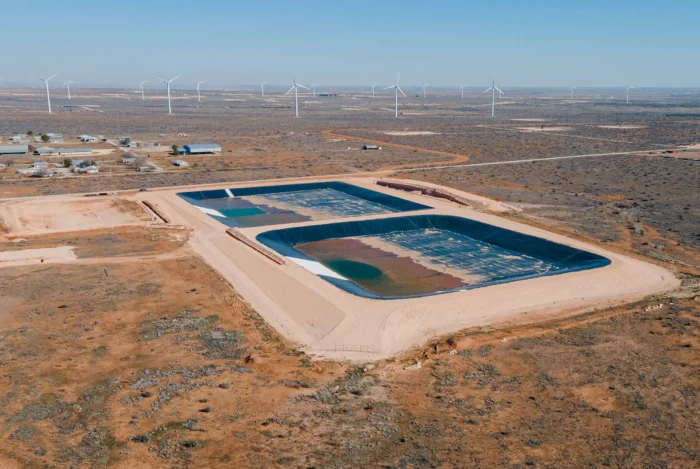
Texas regulators overhaul oilfield waste rule for the first time in four decades Inside Climate NewsOdessa American OnlineThe Texas Tribune
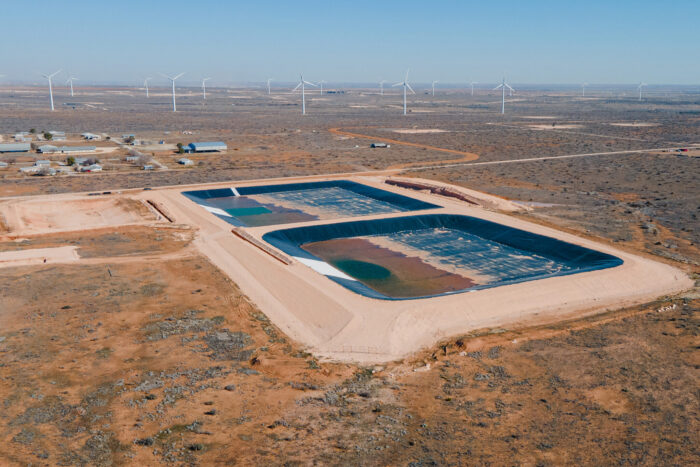
Debate Flares Over Texas’ Proposed Oil and Gas Waste Rule Inside Climate News
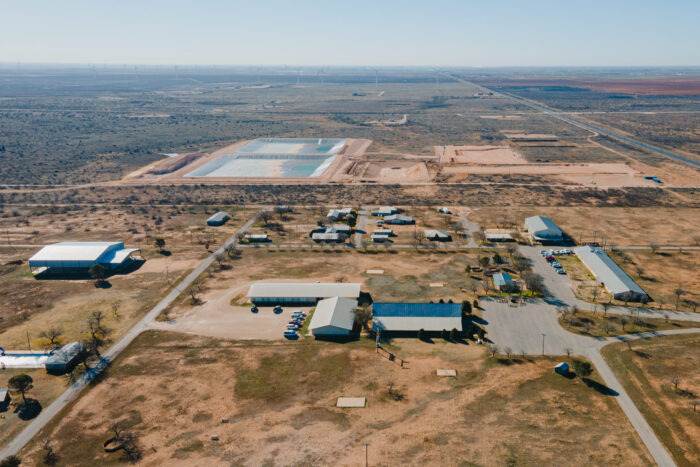
Railroad Commission Approves Toxic Waste Ponds Next to Baptist Camp Inside Climate News
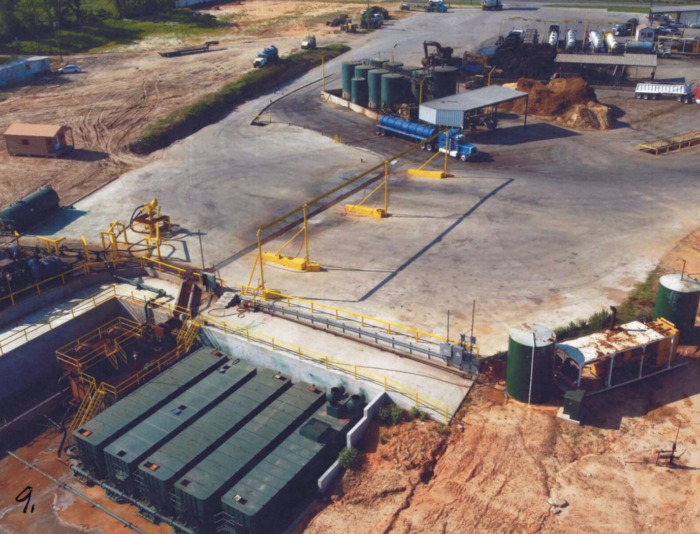
Waskom landowners detail concerns, two-year battle over oilfield waste site Marshall News Messenger

Texas E&Ps Facing Stricter Oversight in ‘Substantial Overhaul’ of Oilfield Waste Disposal National Gas Intel
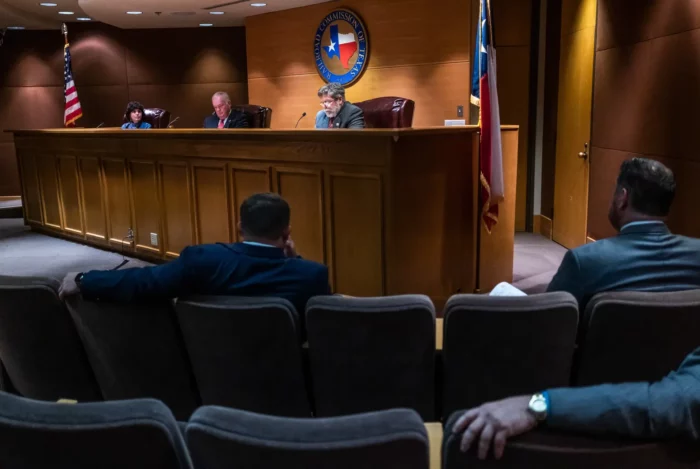
Oilfield companies helped to craft Texas’ new waste rules for 2 years before the public got to see them The Texas Tribune
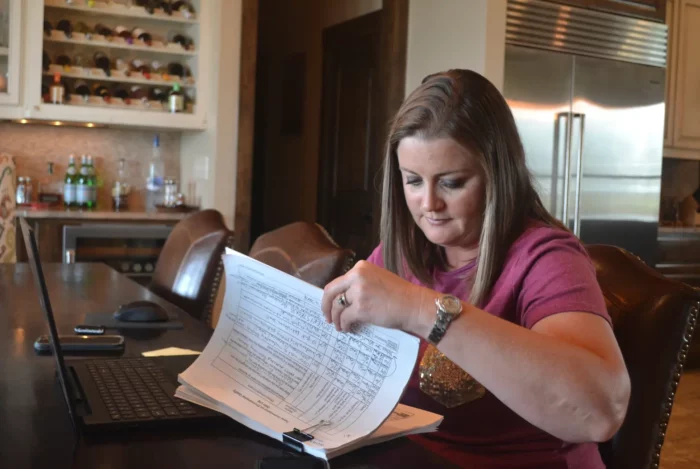
For Texans, fighting state-regulated oilfield waste dumps can be a costly, do-it-yourself effort The Texas Tribune
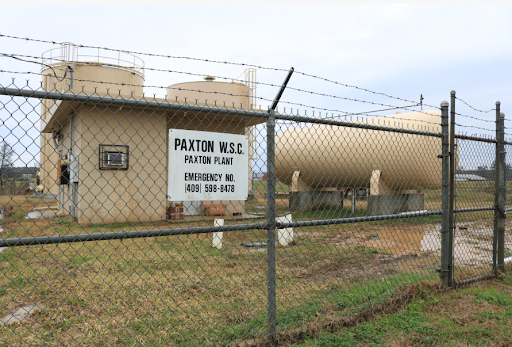
Texas Oilfield Waste Company Contributed $53,750 to Regulators Overseeing a Controversial Permit Application Beaumont EnterpriseHouston ChronicleInside Climate NewsSan Antonio Express-NewsThe Texas Tribune
We need you to speak out for reform at the Railroad Commission!